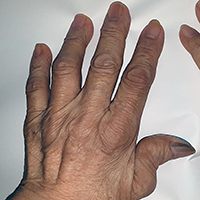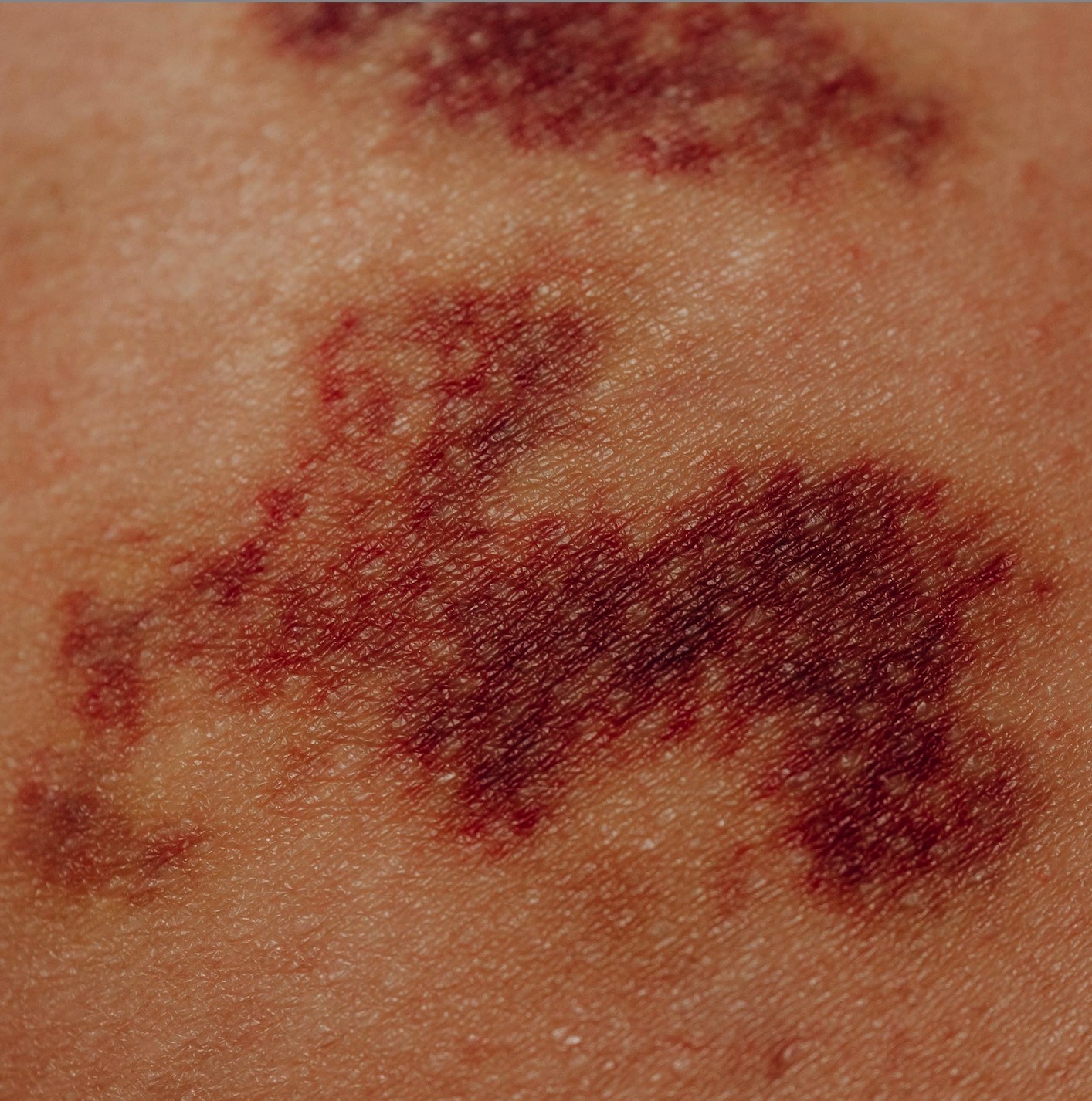Evaluation of a psychoeducational intervention including emotional intelligence to increase treatment adherence in rheumatoid arthritis (A pilot study)

Published: November 22 2021
Abstract Views: 2443
PDF: 630
Publisher's note
All claims expressed in this article are solely those of the authors and do not necessarily represent those of their affiliated organizations, or those of the publisher, the editors and the reviewers. Any product that may be evaluated in this article or claim that may be made by its manufacturer is not guaranteed or endorsed by the publisher.
All claims expressed in this article are solely those of the authors and do not necessarily represent those of their affiliated organizations, or those of the publisher, the editors and the reviewers. Any product that may be evaluated in this article or claim that may be made by its manufacturer is not guaranteed or endorsed by the publisher.
Similar Articles
- F. Salaffi, A. Stancati, Disability and quality of life of patients with rheumatoid arthritis: assessment and perspectives , Reumatismo: Vol. 56 No. s1 (2004)
- M. Manara, L. Arcarese, G. Bianchi, V. Corbelli, O. Epis, R. Laurenti, A. Migliore, M. Muratore, A. Roncaglione, M. Rossini, M. Savo, L. Sinigaglia, The impact on disability of initial treatment with methotrexate in patients with rheumatoid arthritis: results from the MARI study , Reumatismo: Vol. 68 No. 4 (2016)
- F. Cacciapaglia, M.G. Anelli, D. Rizzo, E. Morelli, C. Scioscia, D. Mazzotta, F. Iannone, G. Lapadula, Influence of TNF-α inhibition on oxidative stress of rheumatoid arthritis patients , Reumatismo: Vol. 67 No. 3 (2015)
- D. Mohamadzadeh, S. Assar, M. Pournazari, P. Soufivand, M.S. Soleymani, Adherence to treatment and associated factors in rheumatoid arthritis patients: a cross-sectional study from Iran , Reumatismo: Vol. 75 No. 1 (2023)
- L. Quartuccio, S. Salvin, M. Saracco, S. Lombardi, M. Fabris, E. Mansutti, M. Maset, S. Pellerito, S. De Vita, Rheumatoid factor positivity rather than anti-CCP positivity, a lower disability and a lower number of anti-TNFα agents failed are associated with response to rituximab in rheumatoid arthritis , Reumatismo: Vol. 61 No. 3 (2009)
- L. Punzi, M. Matucci Cerinic, F. Cantini, G. Bagnato, U. Fiocco, C. Ferri, S. Bombardieri, Treatment patterns of snti-TNF agents in Italy: an observational study , Reumatismo: Vol. 63 No. 1 (2011)
- F. Pasqui, L. Mastrodonato, F. Ceccarelli, R. Scrivo, L. Magrini, V. Riccieri, M. Di Franco, M. Gentili, G. Valesini, A. Spadaro, Occupational therapy in rheumatoid arthritis: short term prospective study in patients treated with anti-TNF-alpha drugs , Reumatismo: Vol. 58 No. 3 (2006)
- M. Filippini, C. Bazzani, S. Zingarelli, T. Ziglioli, M. Nuzzo, M. Vianelli, C. Biasini Rebaioli, R. Cattaneo, R. Gorla, Anti-TNFα agents in elderly patients with rheumatoid arthritis: a study of a group of 105 over sixty five years old patients , Reumatismo: Vol. 60 No. 1 (2008)
- S. Russo, T. T. Mariani, R. Migliorini, A. Marcellusi, F. S. Mennini, The economic burden of musculoskeletal disorders on the Italian social security pension system estimated by a Monte Carlo simulation , Reumatismo: Vol. 67 No. 2 (2015)
- M. Rossini, G. D'Avola, M. Muratore, N. Malavolta, F. Silveri, G. Bianchi, B. Frediani, G. Minisola, M. L. Sorgi, M. Varenna, R. Foti, G. Tartarelli, G. Orsolini, S. Adami, Regional differences of vitamin D deficiency in rheumatoid arthritis patients in Italy , Reumatismo: Vol. 65 No. 3 (2013)
1-10 of 616
Next
You may also start an advanced similarity search for this article.












